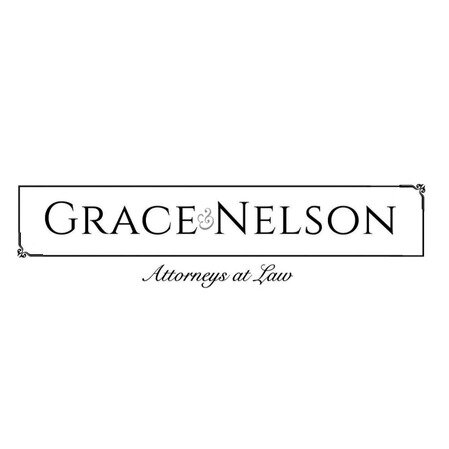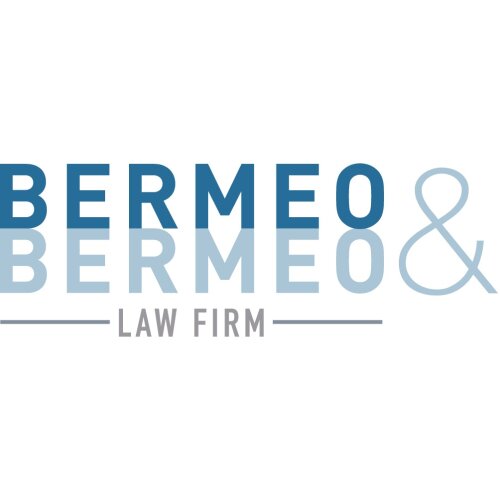Best Licensing Lawyers in Ecuador
Share your needs with us, get contacted by law firms.
Free. Takes 2 min.
Or refine your search by selecting a city:
List of the best lawyers in Ecuador
About Licensing Law in Ecuador
Licensing in Ecuador encompasses a broad range of legal agreements and regulations that govern the use, distribution, and management of intellectual property, commercial activities, and regulatory compliances. This field covers various types of licensing, such as software, trademarks, patents, and commercial operations. The Ministry of Industries and Productivity, along with other governmental bodies, oversee these processes, ensuring compliance with both national and international standards.
Why You May Need a Lawyer
Engaging a lawyer who specializes in licensing in Ecuador might be necessary in several situations. If you are a business owner planning to expand your operations through franchising, you'll need expert guidance to navigate the complex legal landscape. Similarly, if you're an inventor or software developer looking to protect your intellectual property, a lawyer can help structure licensing agreements to safeguard your interests. Additionally, companies entering joint ventures or seeking regulatory approvals for product licenses would benefit from legal counsel to ensure compliant contractual arrangements.
Local Laws Overview
Key aspects of licensing laws in Ecuador include compliance with the Intellectual Property Law, which regulates the use of patents, trademarks, and copyrights. Ecuador is also part of international treaties such as the Paris Convention for the Protection of Industrial Property, which influences local legislation. Businesses involving commercial licenses must comply with the regulations stipulated by the Superintendence of Companies, Securities, and Insurance. Furthermore, industry-specific licenses, such as those required for pharmaceuticals or mining, follow additional sectoral regulations.
Frequently Asked Questions
1. What types of licenses are commonly required in Ecuador?
Common licenses include commercial operation licenses, software and intellectual property licenses, product distribution licenses, and industry-specific permits such as mining and pharmaceutical licenses.
2. How does the licensing of intellectual property work?
Licensing intellectual property involves registering the asset with the Ecuadorian Institute of Intellectual Property (IEPI) and formally structuring the agreements governing its use.
3. Are there any specific regulations for software licensing?
Yes, software licensing must comply with both national intellectual property laws and international treaties. Licensing agreements should align with anti-piracy regulations.
4. Can a foreign company obtain a license in Ecuador?
A foreign company can obtain necessary licenses but generally must do so through an Ecuadorian legal entity or representative.
5. What is the process for obtaining a business operation license?
The process involves several steps, including registering with the local municipality, obtaining permits from the Fire Department and Health Department, and registering with the Superintendence of Companies.
6. How long does it take to obtain a license in Ecuador?
The time frame can vary significantly based on the type of license. A standard commercial license may take several weeks, while industry-specific licenses could take longer due to additional regulatory scrutiny.
7. What are the costs associated with obtaining a license?
Costs vary depending on the license type and may include application fees, legal consultation fees, and costs for compliance audits or inspections.
8. What agencies should businesses interact with for licensing?
Key agencies include the Ministry of Industries and Productivity, the Superintendence of Companies, and the Ecuadorian Institute of Intellectual Property.
9. Can a license be transferred or sold?
Licenses, particularly those related to intellectual property, often include clauses for transferability. Legal guidance is recommended to navigate these transactions.
10. What happens if there is a dispute over a licensing agreement?
Disputes are typically resolved through negotiation or mediation. If these methods fail, parties may need to resolve issues through Ecuadorian courts or arbitration proceedings.
Additional Resources
For further assistance, individuals can contact the Ecuadorian Institute of Intellectual Property (IEPI), the Ministry of Industries and Productivity, or the National Service of Intellectual Property Rights (SENADI). Various legal firms specializing in licensing can also offer tailored advice and services.
Next Steps
If you require legal assistance in licensing, start by identifying the specific area of licensing relevant to your need. Gather all necessary documentation and contact a legal expert who specializes in the field of licensing in Ecuador. Seek firms with experience in negotiating and structuring licensing agreements to ensure you achieve optimal outcomes. It can also be beneficial to consult with industry associations for additional support and information.
Lawzana helps you find the best lawyers and law firms in Ecuador through a curated and pre-screened list of qualified legal professionals. Our platform offers rankings and detailed profiles of attorneys and law firms, allowing you to compare based on practice areas, including Licensing, experience, and client feedback.
Each profile includes a description of the firm's areas of practice, client reviews, team members and partners, year of establishment, spoken languages, office locations, contact information, social media presence, and any published articles or resources. Most firms on our platform speak English and are experienced in both local and international legal matters.
Get a quote from top-rated law firms in Ecuador — quickly, securely, and without unnecessary hassle.
Disclaimer:
The information provided on this page is for general informational purposes only and does not constitute legal advice. While we strive to ensure the accuracy and relevance of the content, legal information may change over time, and interpretations of the law can vary. You should always consult with a qualified legal professional for advice specific to your situation.
We disclaim all liability for actions taken or not taken based on the content of this page. If you believe any information is incorrect or outdated, please contact us, and we will review and update it where appropriate.
Browse licensing law firms by city in Ecuador
Refine your search by selecting a city.















